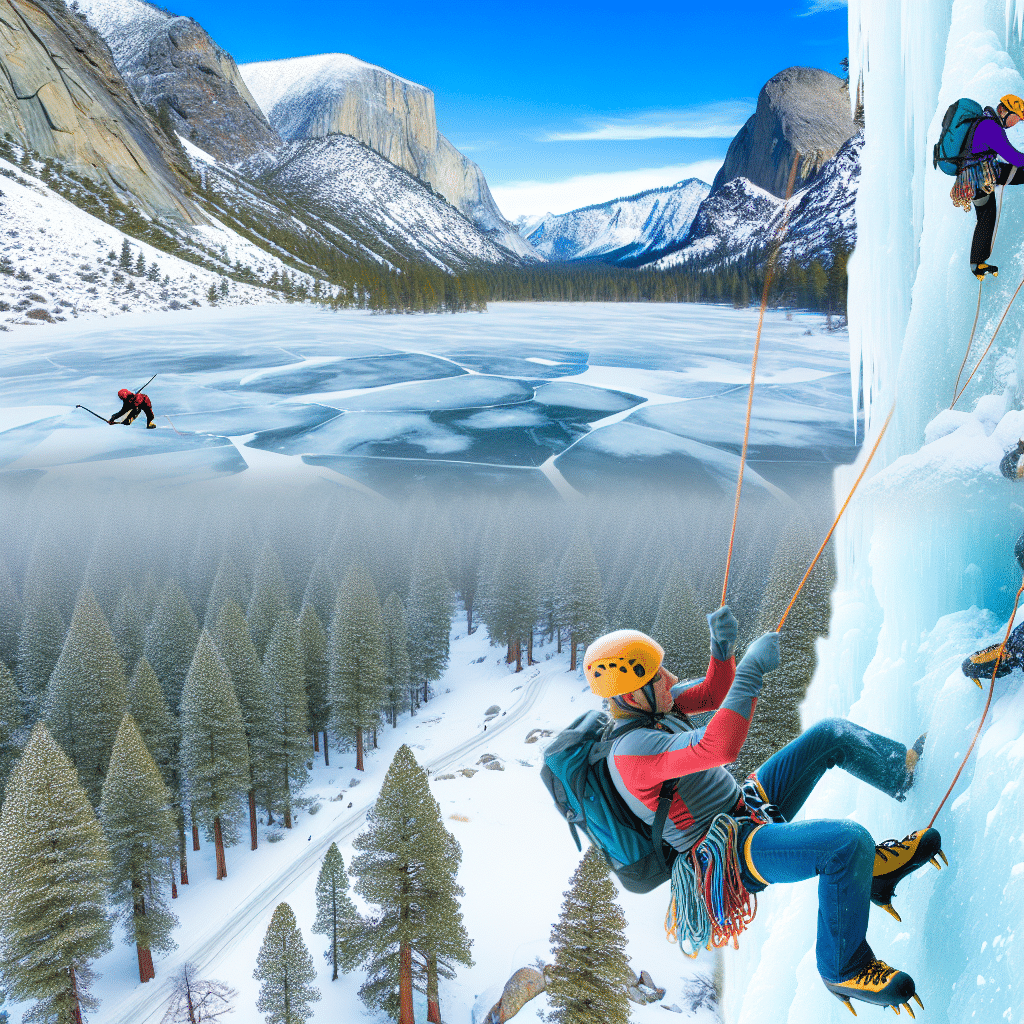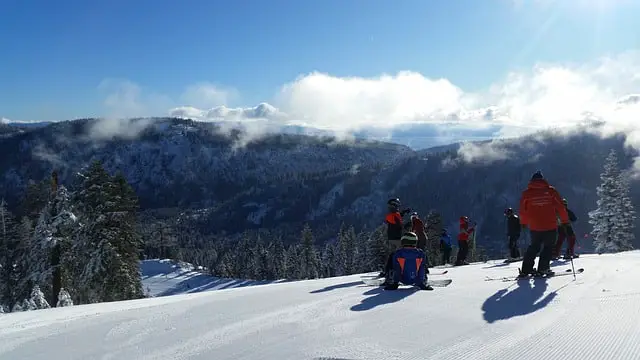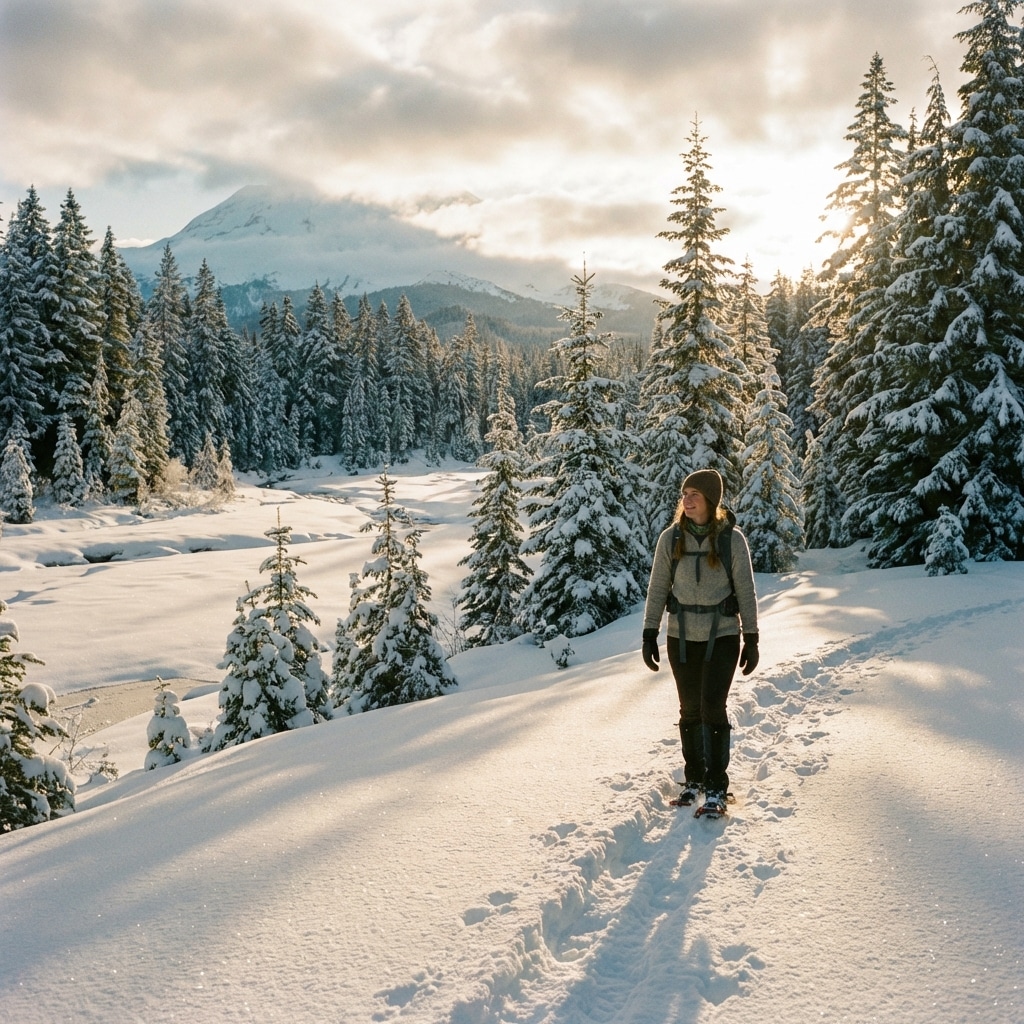Dream of carving down pristine, snow-covered mountains at breathtaking speeds? Or perhaps you’re simply captivated by the adrenaline-pumping races of the Winter Olympics? Alpine skiing, originating from the majestic Alps of Central Europe, is a thrilling winter sport that combines grace, speed, and precision.
Whether you’re a seasoned enthusiast or looking to hit the slopes for the very first time, understanding the fundamentals of alpine skiing is key. Get ready to explore its exhilarating disciplines and discover how you can prepare to glide like a pro!
What Exactly is Alpine Skiing?
Alpine skiing, also known as downhill skiing, is a dynamic winter sport where skiers descend snow-covered slopes on skis with fixed-heel bindings. Depending on the event, competitors might navigate carefully placed gates, execute sharp turns, or simply race for maximum speed.
It’s a staple of the Winter Olympics, captivating audiences with its blend of athletic prowess and sheer excitement. The sport demands immense physical and mental strength, combining balance, endurance, and powerful leg muscles.
Exploring the Diverse Disciplines of Alpine Skiing
Alpine skiing encompasses several distinct events, each testing different aspects of a skier’s skill. These are generally categorized into speed events and technical events, with some exciting variations.
Speed Events: The Thrill of Downhill Racing
Speed events are all about raw velocity, with skiers aiming to complete a course as fast as possible. They typically involve fewer turns and longer courses, pushing athletes to their limits.
- Downhill: Considered the ultimate speed test, downhill skiing features minimal turns and maximum speeds, often exceeding 130 km/h. Skiers make a single run down a long course, where the fastest time wins.
- Super-G (Super Giant Slalom): A hybrid discipline, Super-G is shorter than downhill but longer and faster than giant slalom. It combines high speeds with more turns than downhill, demanding a blend of power and technical precision in a single run.
Technical Events: Precision and Agility on the Slopes
Technical events emphasize agility, precise turning, and quick reactions as skiers navigate a series of tightly spaced gates. These disciplines often involve two runs on different course settings.
- Slalom: This is the shortest and fastest technical event, characterized by the most turns and closely spaced gates. Competitors complete two runs on the same slope, with the course slightly adjusted for the second run, and the fastest combined time determines the winner.
- Giant Slalom: As the name suggests, giant slalom features wider turns and fewer gates than slalom, allowing for higher speeds. Like slalom, it involves two runs, and the combined fastest time crowns the champion.
Combined & Team Events: A Modern Twist
Beyond the core speed and technical races, alpine skiing also includes events that combine different disciplines or feature exciting team formats.
- Alpine Combined: This event tests a skier’s versatility by combining a downhill run and two slalom runs. While the individual courses are typically shorter than usual, all times are tallied to determine the fastest overall competitor.
- Mixed Team Parallel Slalom: A relatively new and electrifying event, debuting at the 2018 Olympics. Two men and two women from each country compete head-to-head in a parallel slalom format, creating thrilling matchups.
Mastering the Slopes: Essential Training for Alpine Skiing
Ready to move from spectator to participant? Alpine skiing, while appearing effortless for pros, requires significant physical conditioning. Proper training can dramatically improve your performance and reduce injury risk.
Preparing Your Body for Mountain Demands
Focus on a comprehensive fitness regimen that targets the specific muscle groups and physical attributes crucial for skiing success. This isn’t just about strength; it’s about endurance, balance, and agility.
- Boost Muscle Power: Skiing heavily engages your lower body. Prioritize strengthening your quads, hamstrings, glutes, and hips – these are your primary powerhouses on the slopes.
- Enhance Balance & Stability: A strong core and stable hip muscles are vital for maintaining control and protecting your knees during turns and descents. Incorporate exercises that challenge your stability.
- Build Endurance: You’ll want to enjoy multiple runs without tiring out too quickly. Cardiovascular endurance is key, allowing your muscles to work longer and more efficiently.
- Increase Cardio Activity: Get your heart and lungs pumping! Activities like biking, running, swimming, or even brisk hiking will build the cardiovascular base needed for sustained skiing.
Key Alpine Skiing Exercises for Peak Performance
To specifically target the muscles used in alpine skiing, integrate these exercises into your routine:
- Walking Lunge with Rotation
- Hip Clocks
- Hip Roll
- Calf Raises
- Squat Reverse Lunge
- Wood Chops (or similar rotational core exercises)
- Lateral Ski Jumps (for explosive power and agility)
Your Journey to Becoming an Alpine Skier
Alpine skiing is a sport that offers immense joy and a thrilling connection with nature. From the high-speed drama of downhill to the technical finesse of slalom, there’s a discipline for every aspiring skier.
With dedicated training focused on strength, balance, and endurance, you can transform your dream of gliding down the slopes into a breathtaking reality. So, get ready to embrace the mountain and experience the exhilaration of alpine skiing!



